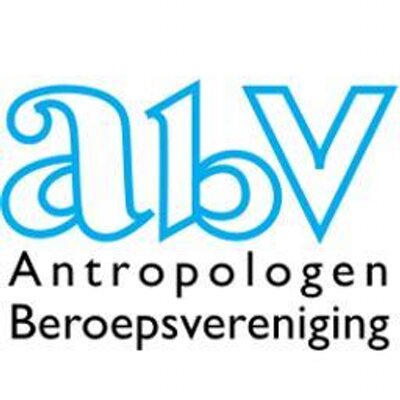Written by the Dutch association of anthropologists (ABv)
The Dutch association of anthropologists (ABv) stands in solidarity with the Black Lives Matter movements, black and people of colour (POC) communities in the U.S.A., in the Netherlands and worldwide that are subjected to racist violence. We deplore violence unleashed on them by police and security forces. We condemn structural and systemic racism to which black people and POC are subjected on a daily basis. The horrific deaths of George Floyd, Ahmaud Arbery, Breonna Taylor, Tony McDade, Oury Jalloh, William Tonou Mbobda, Edwin Ndupu, Rita Ojunge, Mitch Henriquez, Mike Ben Peter, Adama Traore and countless others are absolutely devastating. Yet they are only the most extreme consequence of structural and pervasive racism.
We therefore fully support, and where possible participate in, protests against racist violence. We also ask what we as anthropologists can do to tackle systemic racism in our own work and professional environments.
As a discipline that is entangled in complex ways in colonial history and racial science, anthropology and anthropologists have a distinct responsibility to critically confront this history wherever they live and work. Generations of anthropologists have grappled with this legacy, but it remains unfinished business that we must take up.
This commitment, first, demands an awareness of race and racism in our scholarship. Anthropologists have been at the forefront when it comes to deconstructing and debunking race as a scientific concept. Since the Second World War, anthropologists have been instrumental in effecting a shift towards a social constructivist paradigm that denaturalizes race. However, this must not, as it has in some cases, lead to ignoring race altogether as a socially relevant phenomenon. We therefore actively support anthropological research on race and racism.
Second, ethnography in all its forms is a powerful tool to deconstruct and denaturalize (bio)social and cultural phenomena such as race. However, precisely because of its power, ethnography demands thorough ethical considerations, which we have laid out in a code of ethics. We will continue to promote this code of ethics among anthropologists.
Third, anthropologists have an obligation to participate and intervene in public debates in general, and about race and racism in particular. As anthropologists we have an important role in grounding and pushing public opinion.
Fourth, a critical engagement also means engaging our professional environment – the departments, institutes, and organizations we work at. We must continue and redouble our efforts to create not only more inclusive, but actively antiracist professional environments at universities, research institutes, and professional organizations. This may include changing hiring practices, active recruiting of black and POC students, and supporting black/POC student networks.
Fifth, we commit to actively antiracist teaching practices. This includes further building a learning and teaching environment that is respectful, inclusive, and critical. It also includes continuing to work on a curriculum that better reflects the historical diversity of anthropological scholarship and theorizing.
Solidarity is worth only as much as the actions that follow it.

